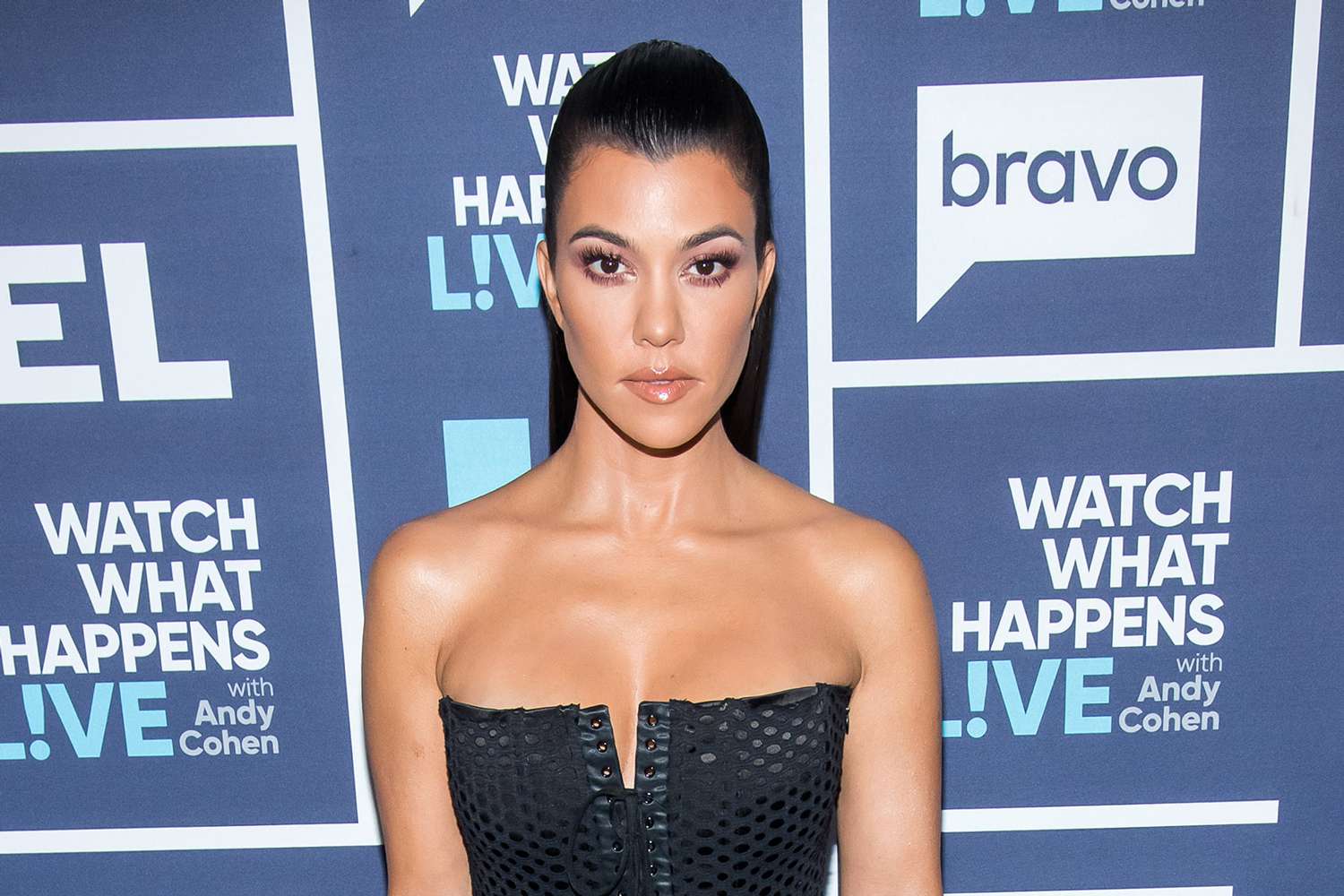In the digital era, where smartphones capture every moment and social platforms reward constant visibility, the line between public persona and personal privacy has grown dangerously thin. Among the myriad celebrity scandals born from this blurred boundary, few have forced society to confront ethical questions as urgently as Kourtney Kardashian the Fappening. This event and others like it are not merely gossip fodder—they reveal how technology, voyeurism, and media hunger intersect in troubling ways.
Understanding the Context of “Kourtney Kardashian the Fappening”
When discussing Kourtney Kardashian the Fappening, it is crucial to understand that this phrase refers to an online wave of unauthorized leaks targeting numerous celebrities. The so‑called “Fappening,” beginning in 2014, was a mass distribution of hacked private photos from cloud storage accounts. While Kourtney Kardashian herself, a member of one of the most industrially savvy media families, was constantly in the public eye, the targeting of her personal life demonstrated how even those most accustomed to fame can be stripped of autonomy when privacy is violated.
These digital thefts did not occur in isolation; they were facilitated by weak security systems, poor cloud protection, and a culture that rewards the exposure of intimate celebrity information. The phrase “Kourtney Kardashian the Fappening” therefore stands not as entertainment, but as a reminder of how compromised our digital environment can be.
The Cultural Obsession with Celebrity Intimacy
The Kardashians’ reality‑TV dynasty depends on controlled exposure—the art of sharing enough to keep fans engaged while maintaining boundaries. But Kourtney Kardashian the Fappening represents a moment when that control was completely shattered. The event blurred ethical boundaries as society consumed leaked images without questioning their origins.
What motivates this obsession? One theory is the psychological phenomenon known as “parasocial relationships.” Fans feel intimately connected to celebrities who regularly share personal details on social media. When a scandal leaks, it can feel like forbidden access, deepening a fan’s illusion of closeness. Yet such consumption fuels a toxic ecosystem where voyeurism outweighs ethics.
The Media’s Role: Sensationalism vs. Responsibility
Mainstream media’s response to Kourtney Kardashian the Fappening was a textbook case of digital journalism’s conflict between sensationalism and responsibility. While some outlets quickly covered the story with thinly veiled prurience, others condemned it and refused to host or link to stolen material. The coverage highlighted a turning point in how the entertainment press balances clicks with conscience.
In the years since, guidelines have emerged urging responsible reporting that prioritizes consent over curiosity. The Kardashian family, adept at shaping their narrative, leveraged the discourse to advocate for stronger digital security and to underscore the difference between publicity and exploitation.
Legal and Ethical Dimensions
From a legal standpoint, the victims of leaks like Kourtney Kardashian the Fappening have limited recourse. While hacking and distribution of private images are prosecutable crimes, tracing international networks of data thieves is notoriously difficult. Moreover, once content appears online, the “right to be forgotten” collides with the permanence of digital archives.
Ethically, the issue exposes deep contradictions within internet culture. Many users decry privacy violations but simultaneously reward platforms that traffic in them. The event underscores the need for education about digital consent: the idea that intimate data, even if stored online, remains the property of its owner.
Lessons About Digital Security
One enduring outcome of Kourtney Kardashian the Fappening is the public’s heightened awareness of digital risk. The breach served as a cautionary tale about the importance of strong passwords, two‑factor authentication, and skepticism toward unverified links and cloud storage services.
Personal responsibility, however, only goes so far. Corporations managing user data carry enormous ethical obligations to protect it. After the original “Fappening” incidents, major tech companies such as Apple and Google implemented stronger encryption and introduced more transparent privacy policies. These measures demonstrate that security culture evolves only under pressure from highly publicized failures.
Beyond the Scandal: Empowerment and Reclamation
Despite the violation, Kourtney Kardashian and others targeted in the leaks have reclaimed power through openness and advocacy. Rather than shying away, Kardashian has used her platforms to emphasize body autonomy, mental health, and the right to privacy. This reclamation process transforms a narrative of exploitation into one of empowerment.
The Kardashian family’s collective brand is built on control—control of image, narrative, and visibility. That Kourtney Kardashian the Fappening temporarily disrupted this control only highlights their capacity to redefine boundaries on their own terms. It also reinforces a broader feminist conversation about agency in a hyper‑connected society where women’s bodies are continually commodified, whether they consent or not.
Technological Responsibility and Future Challenges
Technology companies, legislators, and users now share a collective responsibility to prevent repetitions of events like Kourtney Kardashian the Fappening. Artificial intelligence and image generation, while offering immense creative potential, also introduce new risks—such as AI‑fabricated explicit images or “deepfakes.” The line between authentic and synthetic violation continues to blur.
Future legal frameworks must expand beyond hacking to include synthetic impersonation, digital consent laws, and rapid‑response takedown procedures. Without these measures, privacy breaches will become even more pervasive and psychologically damaging.
Ethical Consumption of Celebrity Culture
The public also bears responsibility. Each click on leaked or intrusive content reinforces exploitative dynamics and incentivizes similar behavior. Ethical entertainment consumption means rejecting outlets that profit from humiliation and choosing instead to follow stories that respect human dignity.
Kourtney Kardashian the Fappening serves as both a cautionary example and a mirror reflecting society’s complicity. The scandal’s staying power reveals how gossip culture often substitutes real empathy with performative curiosity. Choosing compassion over consumption represents the most effective cultural safeguard for privacy in the digital age.
Conclusion: Rethinking Privacy in the Age of Exposure
The phrase Kourtney Kardashian the Fappening carries a heavy symbolic weight. It encapsulates not only the technological vulnerabilities that define modern celebrity life but also a moral reckoning for all digital citizens. As our world becomes increasingly mediated by devices and data, privacy will remain both a right and a responsibility.
Kourtney Kardashian’s experience underscores our need to redefine what it means to live publicly yet privately—to draw boundaries that technology cannot easily erase. Through education, empathy, and stricter legal protection, society can move closer to ensuring that digital fame no longer comes at the cost of personal freedom and dignity.





